In Kenya, biodigesters offer an efficient and eco-friendly solution for managing organic waste.
In this guide, we’ll explore the cost of biodigesters in Kenya, including factors affecting pricing, cost breakdown, and comparison with other waste management systems.
As you delve into the economics of biodigesters, remember that Bio Digester Kenya is your trusted partner for biodigester design, installation, and maintenance services across Kenya.
Introduction
Biodigesters have gained popularity in Kenya as an environmentally sustainable alternative to traditional waste management systems.
Understanding the cost implications of biodigesters is essential for individuals and businesses considering this innovative solution.
Understanding Biodigesters
Biodigesters are systems that harness the natural process of anaerobic digestion to break down organic waste and produce biogas and nutrient-rich fertilizer.
These systems offer several advantages, including waste reduction, renewable energy production, and soil enrichment.
Benefits of Biodigesters
Biodigesters offer numerous benefits, such as:
- Biogas Production: Biodigesters generate biogas, which can be used for cooking, heating, or electricity generation.
- Organic Waste Management: Biodigesters help divert organic waste from landfills, reducing environmental pollution and greenhouse gas emissions.
- Fertilizer Production: The digestate produced by biodigesters is a valuable source of nutrients for plants, improving soil fertility and crop yields.
Types of Biodigesters
There are various types of biodigesters available, with the two most common types being:
Fixed Dome Biodigesters
Fixed dome biodigesters are underground systems with a dome-shaped digester chamber and a gas storage tank.
These biodigesters are suitable for small-scale applications and are relatively low-cost.
Floating Drum Biodigesters
Floating drum biodigesters consist of a digester tank with a floating gas holder.
As biogas is produced, the gas holder rises, exerting pressure on the gas to facilitate its use.
These biodigesters are more suitable for larger-scale applications and require a higher initial investment.
Factors Affecting Biodigester Costs
Several factors influence the cost of biodigesters, including:
- Size: The size of the biodigester system directly impacts its cost, with larger systems generally requiring more materials and labor.
- Type: Different types of biodigesters vary in complexity and construction materials, leading to differences in cost.
- Location: Site-specific factors such as soil conditions, accessibility, and topography can affect construction costs.
- Quality: Higher-quality materials and components may result in a higher upfront cost but can contribute to better performance and longevity.
Cost Breakdown of Biodigesters in Kenya
The cost of a biodigester in Kenya typically includes:
Materials Cost
- Digester Tank: Concrete, plastic, or metal tank materials.
- Piping and Fittings: PVC pipes, connectors, and valves.
- Gas Storage System: Gas holder or dome for storing biogas.
- Accessories: Ventilation system, inlet and outlet pipes, sealing materials.
Labor Cost
- Installation: Labor costs for excavation, construction, and installation of the biodigester system.
Installation Cost
- Site Preparation: Excavation, leveling, and preparation of the site for biodigester installation.
- Assembly and Installation: Labor costs associated with assembling and installing biodigester components.
Cost Comparison with Other Waste Management Systems
While the upfront cost of biodigesters may be higher than traditional waste management systems, such as septic tanks or pit latrines, biodigesters offer long-term savings through biogas production and organic waste management.
Why Choose Bio Digester Kenya
Bio Digester Kenya is your trusted partner for biodigester solutions in Kenya.
With our expertise in design, installation, and maintenance, we ensure that your biodigester system meets your needs and performs efficiently for years to come.
Our Biodigester Solutions
At Bio Digester Kenya, we offer a range of biodigester solutions tailored to residential, commercial, and agricultural applications.
Our team of experts provides comprehensive services, including system design, installation, and ongoing support.
Conclusion
The cost of biodigesters in Kenya varies depending on factors such as size, type, and quality.
While biodigesters may require a higher upfront investment than traditional waste management systems, their long-term benefits in terms of renewable energy production and organic waste management make them a cost-effective and sustainable solution.
FAQs About the Cost of Biodigesters
-
How much does a biodigester cost in Kenya? The cost of a biodigester in Kenya varies depending on factors such as size, type, and quality. Small-scale systems may start from around Ksh 95,000, while larger systems can cost several hundred thousand shillings.
-
Are biodigesters cost-effective in the long run? Yes, biodigesters offer long-term cost savings through biogas production, organic waste management, and fertilizer production. The savings in fuel costs and waste disposal expenses often outweigh the initial investment.
-
Can I install a biodigester myself, or do I need professional help? While some DIY enthusiasts may be able to install small-scale biodigesters themselves, larger systems and complex installations typically require professional assistance to ensure proper construction and operation.
-
What maintenance is required for a biodigester, and does it incur additional costs? Biodigesters require regular maintenance, including inspections, cleaning, and servicing, to ensure optimal performance and longevity. While maintenance may incur additional costs, it is essential for maximizing the lifespan and efficiency of the system.
-
Can I use the biogas produced by my biodigester for cooking or heating? Yes, the biogas produced by a biodigester can be used for cooking, heating, or electricity generation, providing a renewable and sustainable energy source for your home or business.

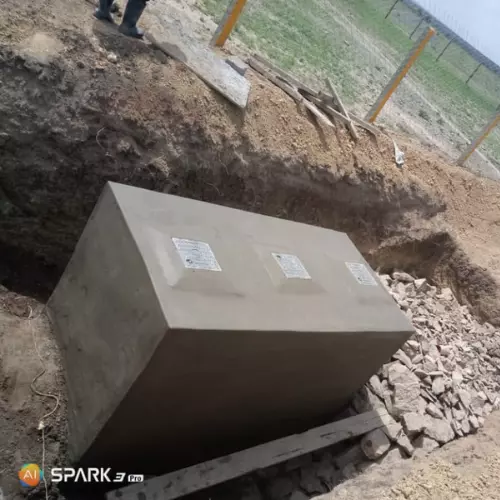
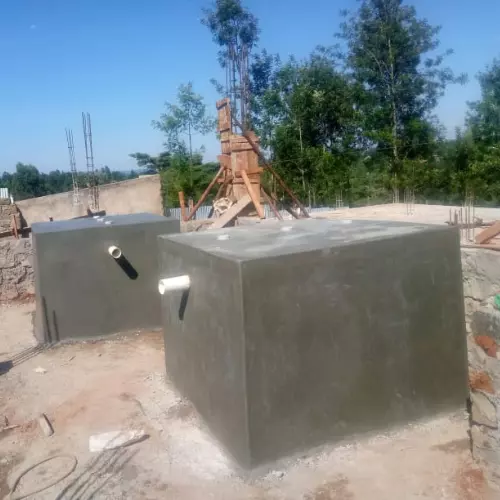






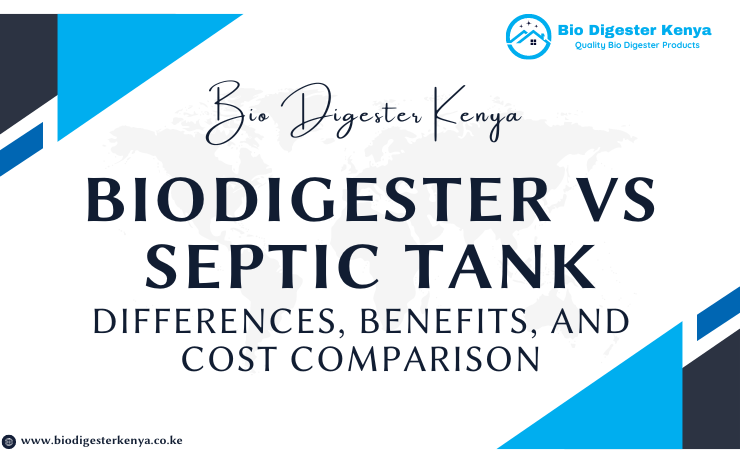


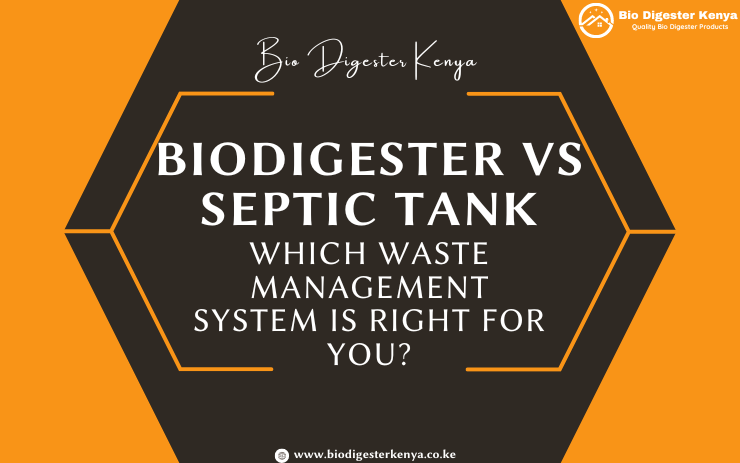


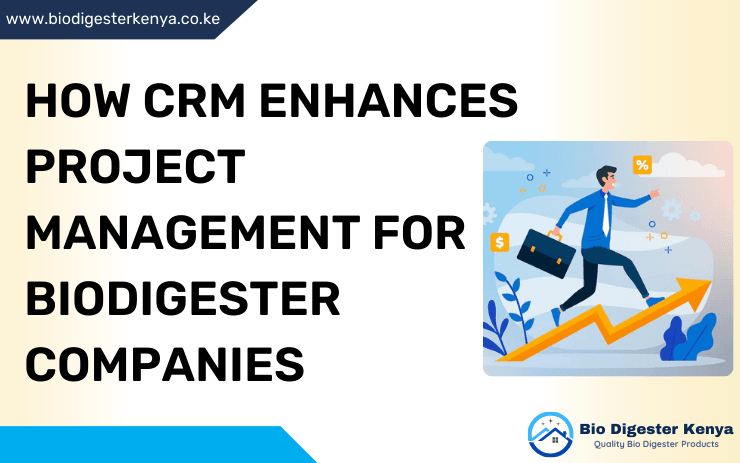


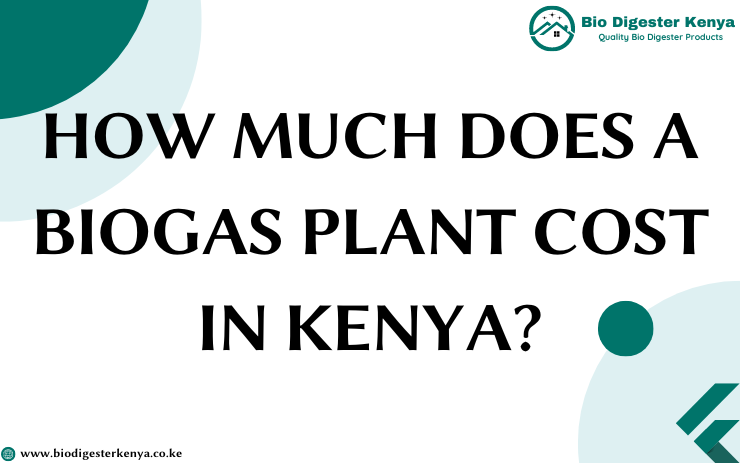






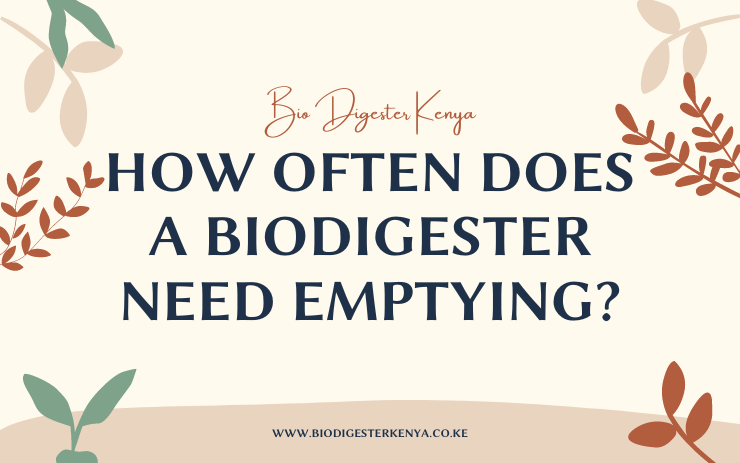


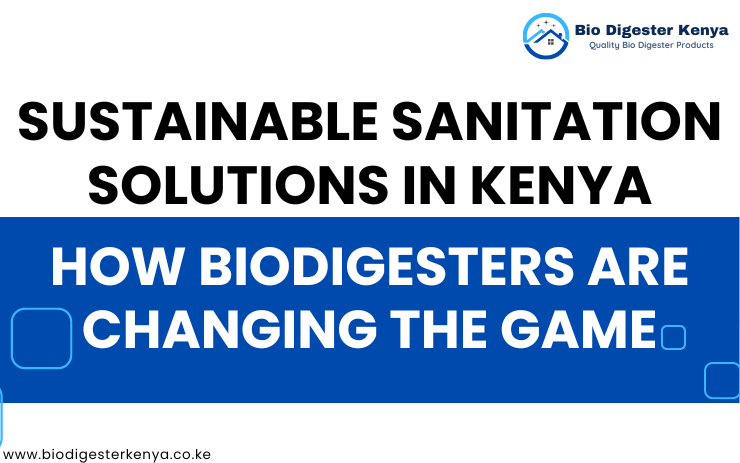

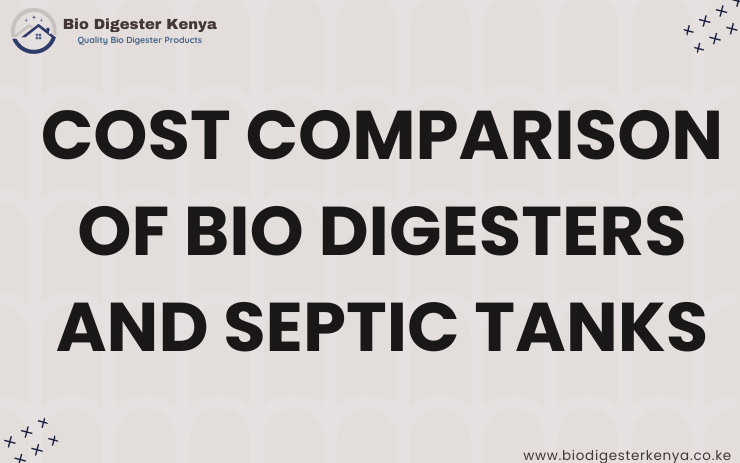


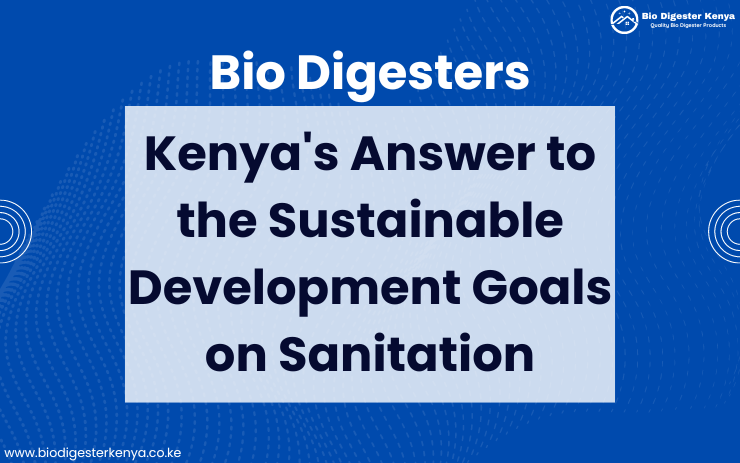
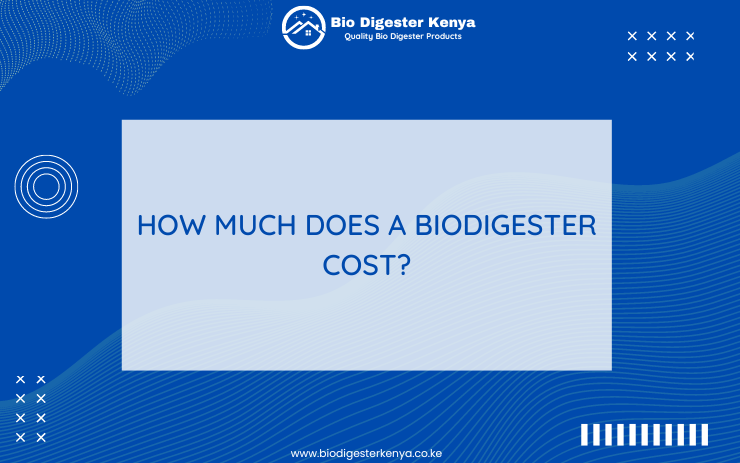



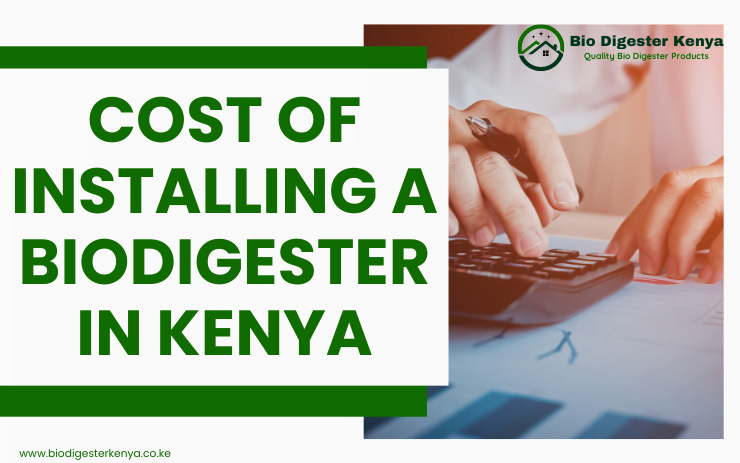


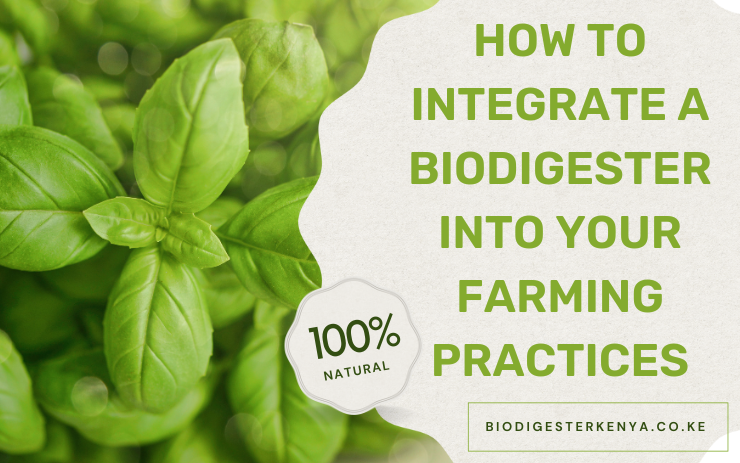
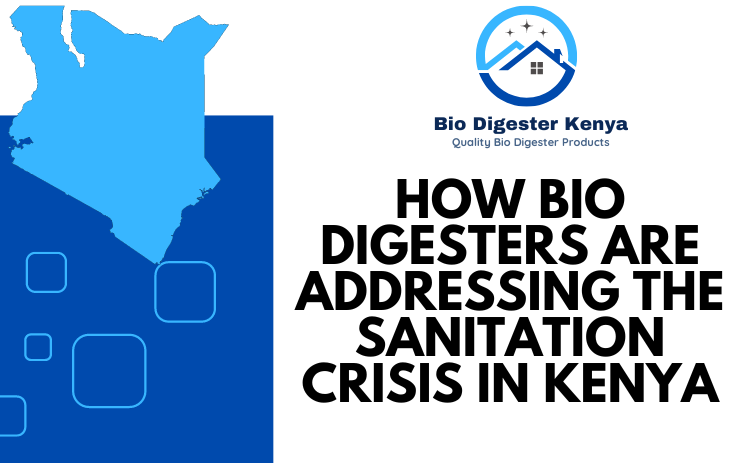









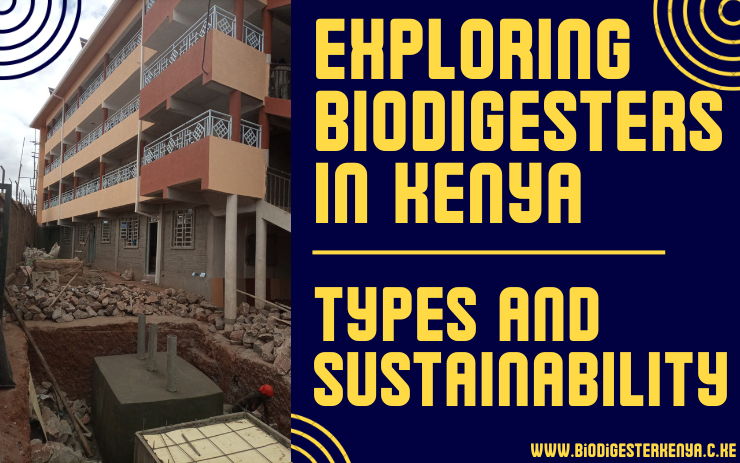






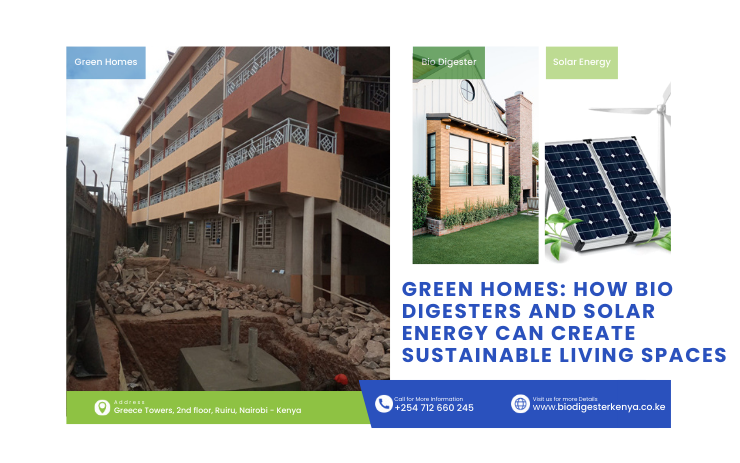


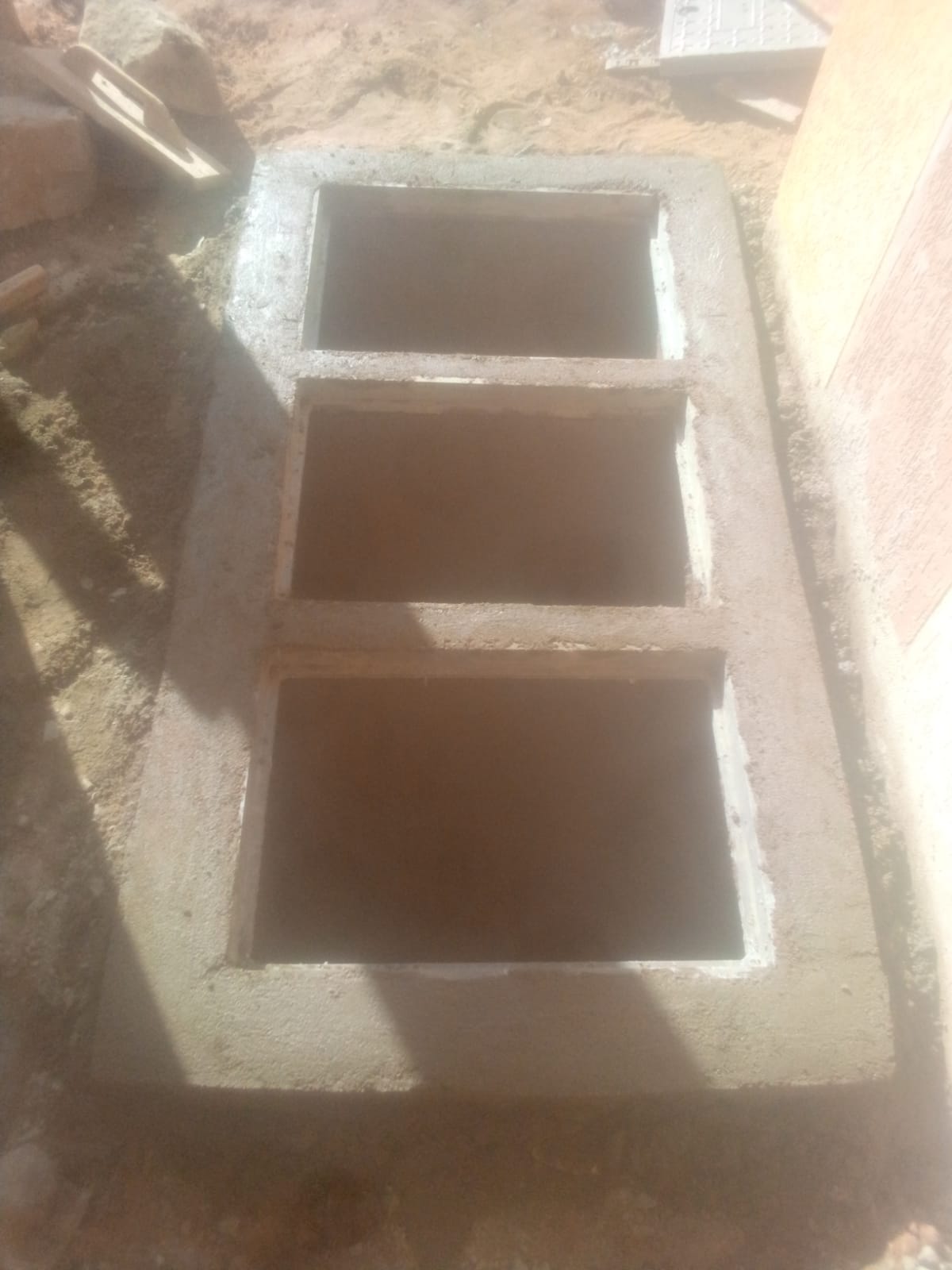

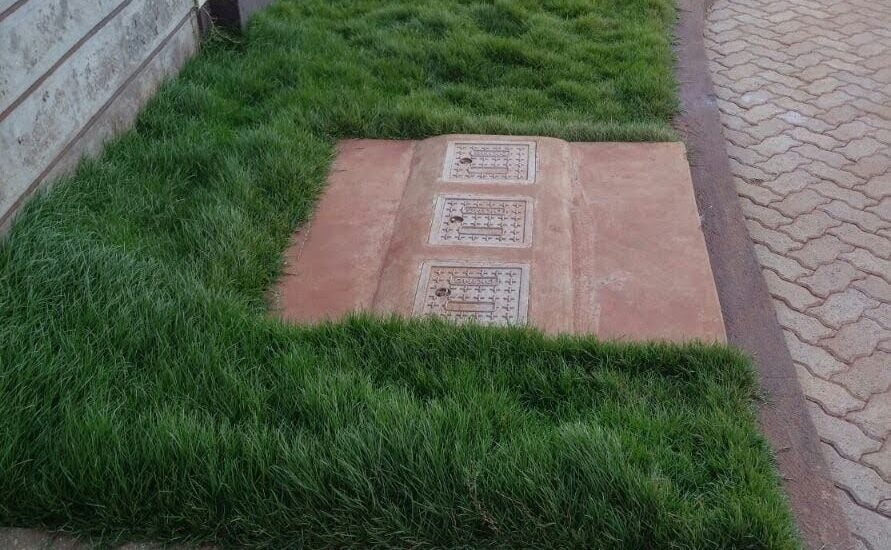

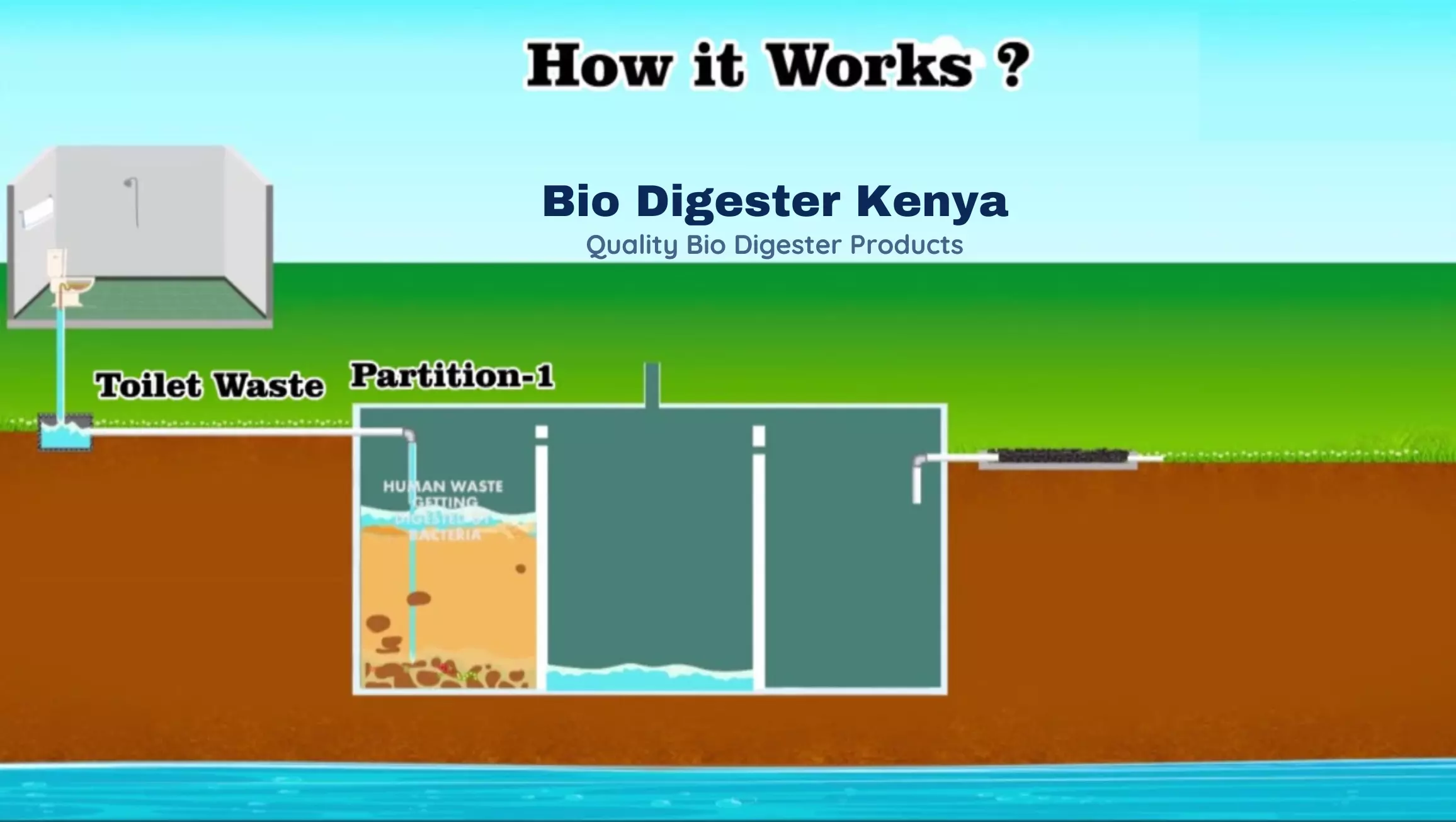

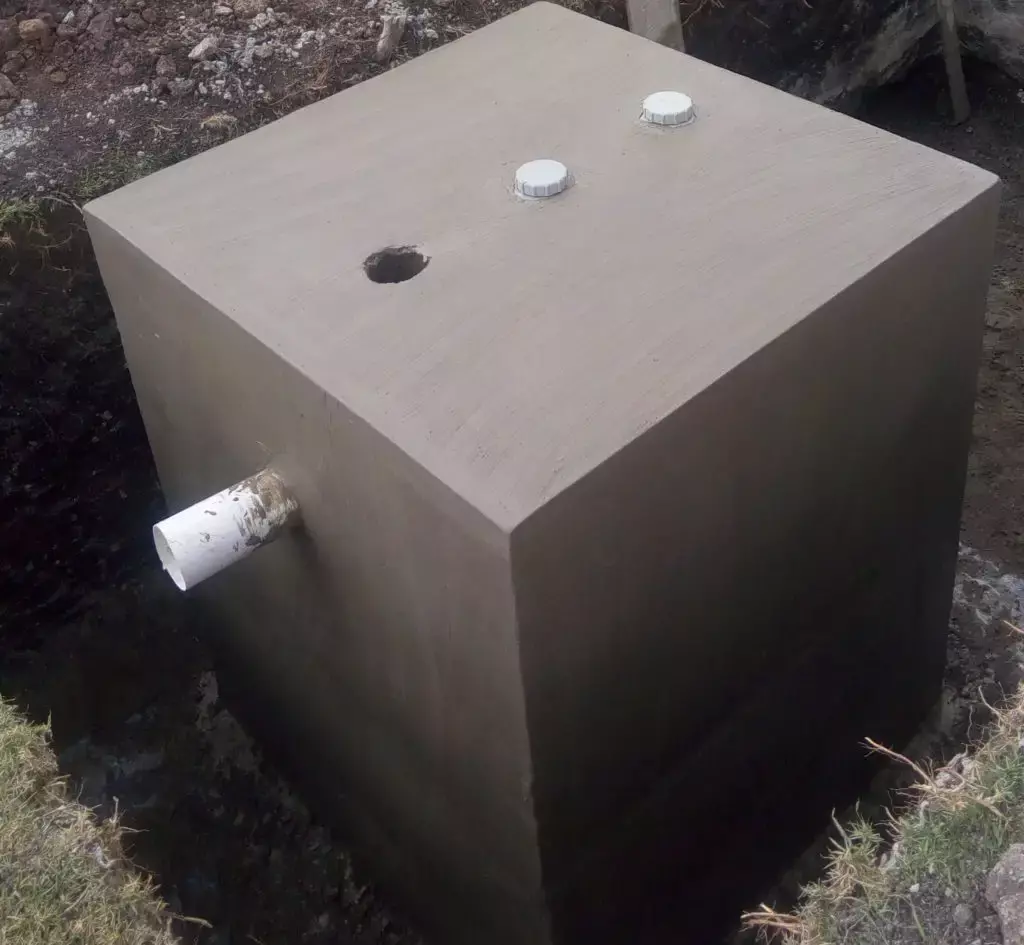
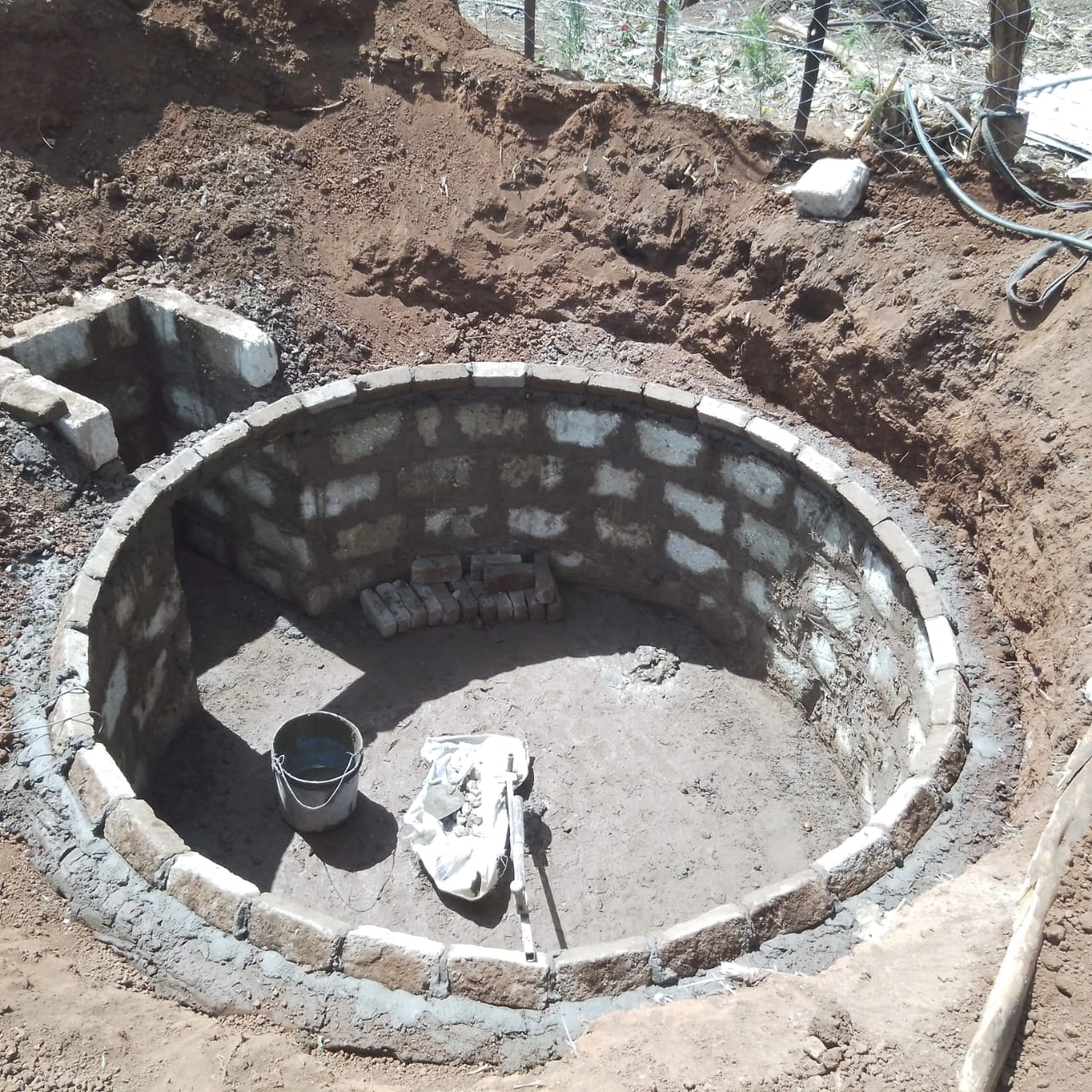
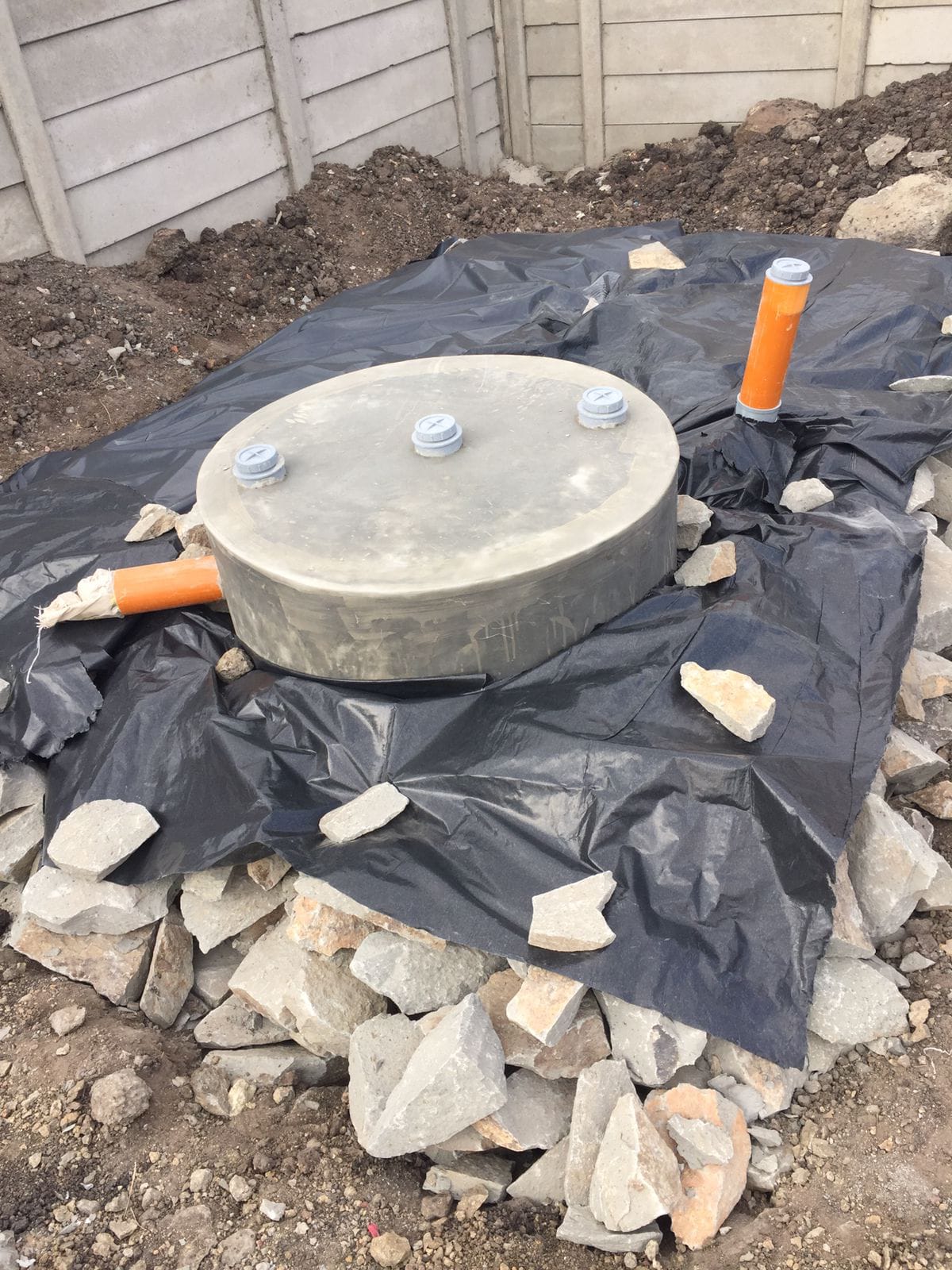
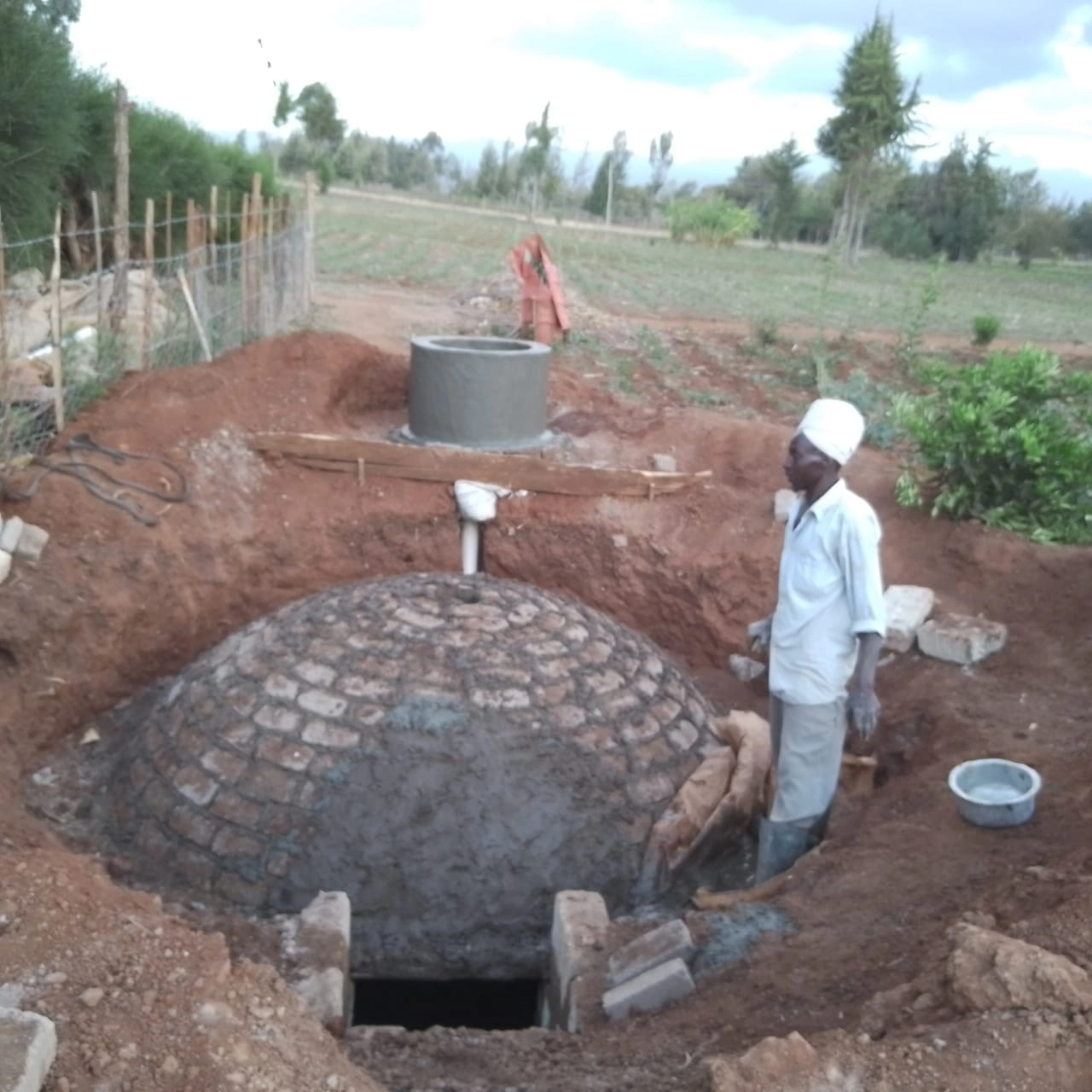
M. Verstappen
June 6, 2024 at 7:16 pmThis article is amazing, great written and come with almost all vital infos.